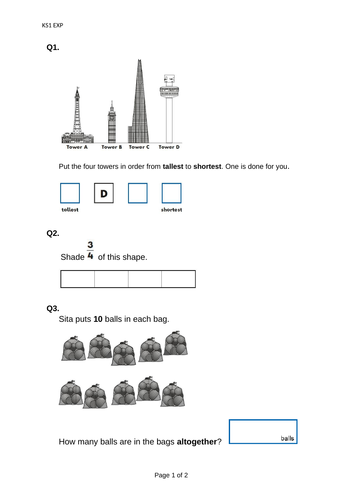RUMBO
Hello! I'm Rae, qualified teacher and now founder of RUMBO: Home Education & Worldschooling hub. Providing quality teaching resources to mainstream ad home educators. Join the RUMBO community online at www.rumbohub.com and follow us for inspiration on Instagram @rumbo_hub)























